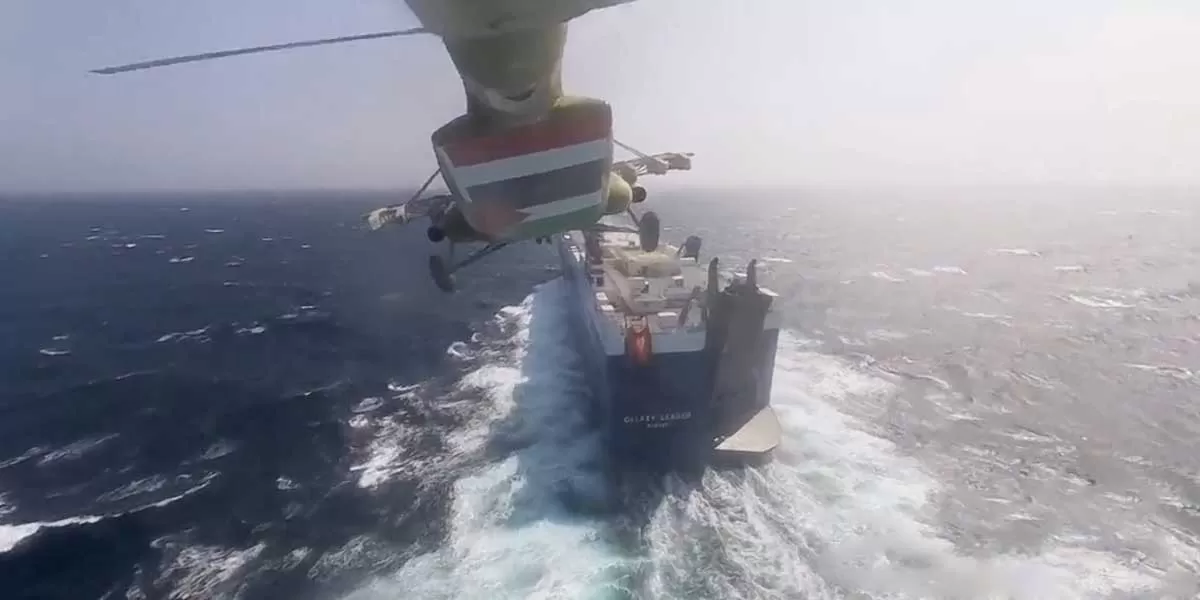

CM Nitish Kumar Unveils Rs 14.04 Bn Development Projects for Patna
Chief Minister Nitish Kumar announced a series of significant development projects for Patna on February 21, focusing on infrastructure, road expansion, tourism, and civic amenities. A total of 623 projects were inaugurated or launched, with an estimated investment of Rs 14.04 billion. Among the major initiatives, the JP Ganga Path will be extended westward to Veer Kunwar Singh Setu at Koilwar and eastward to Rajendra Setu in Mokama. The widening of Nehru Path (Bailey Road) from Rupaspur Canal to Saguna Mor has also been approved, incorporating an underground drainage system. Several key r..

HMPL Wins Rs 1 Billion Steel Contract in Maharashtra
Hazoor Multi Projects (HMPL) has been awarded a contract worth Rs 1.02 billion for steel-related works in Maharashtra. The order, issued by Venkatesh Infra Projects, involves reinforcement steel cutting, bending, fixing, and fabricating structural steel for a bridge under construction at the Versova-Bandra Sea Link project site in Mumbai. The execution of the project is expected to be completed within six months. HMPL specializes in engineering, procurement, and construction (EPC) services, primarily focusing on renewable energy and infrastructure projects, including roads and bridges. The co..

Kaushalya Logistics Expands with New Varanasi Depot for Adani Cement
Kaushalya Logistics, a diversified conglomerate specializing in logistics for the cement industry, has expanded its operations with the commencement of services at the Varanasi (Uttar Pradesh) depot of ACC, a part of the Adani Cement Group. This development aligns with the company’s strategic growth objectives, aimed at enhancing supply chain efficiencies and streamlining cement distribution across key regions in India. The Varanasi depot, established under the CCFA model, marks the company’s sixth location and eighth depot under this framework. Designed to manage over 20,000 metric tons..














